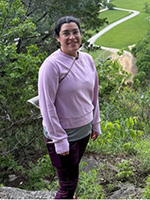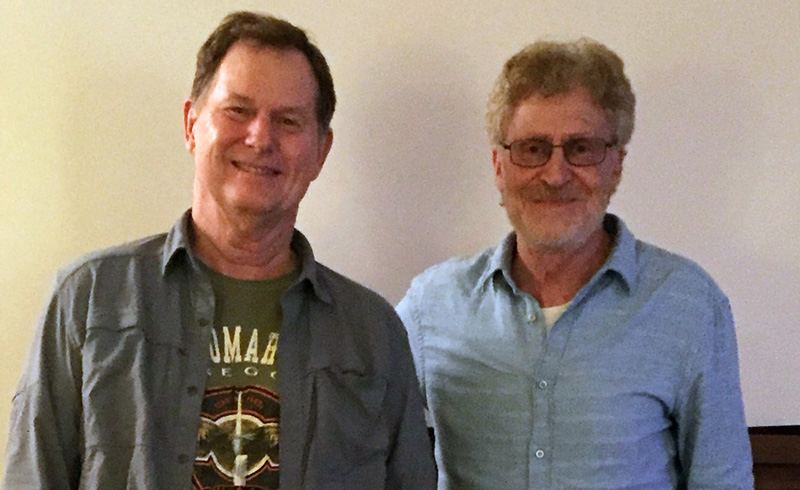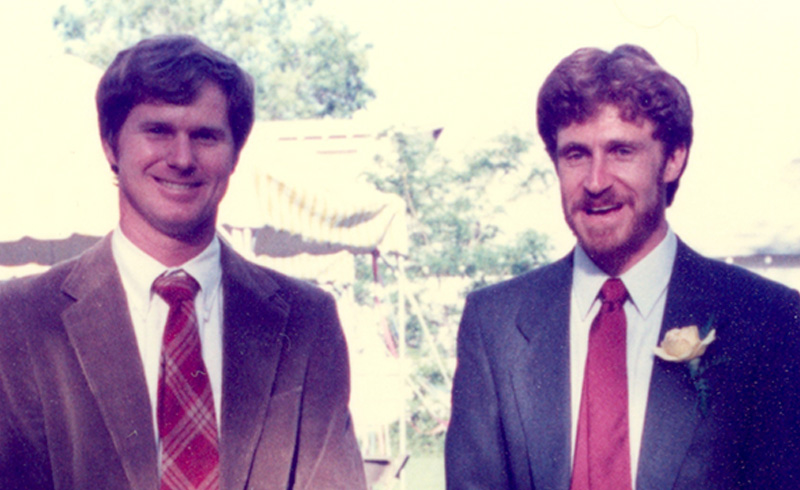Grants-in-Aid of Field Research aka ‘The Two Steves Award’
Description
One award per year will be granted of up to $5000 to support an individual (student, professional or other) to conduct field research using rigorous methods and modes of analysis with the primary goal of increasing knowledge in any field of ethnobiology. Field-oriented projects include, but are not limited to, archaeological excavations, field surveys, collecting plant voucher specimens, or semi-structured or structured interviews with Indigenous and local peoples in outdoor settings. For all approaches, clearly state how the methods link to the larger research goals. For interviews, include a sample of guiding questions. Proposals with only indoor interviews, or interviews without structure, are not eligible for funding. Awarded funds may be used for travel, field expenses including consultant fees for informants and translations, supplies, food, or other field expenses. The award is not to be used for salaries or promoting or participating in activism or related activities. Projects that are innovative and provide new information, in either applied or pure research in ethnobiology, will be given high priority.
Award winners must be a member of the Society of Ethnobiology and are encouraged to present their results at a future Society annual meeting (within five years of completing the field research) and to publish their results in the Journal of Ethnobiology or other suitable peer-reviewed publications. Questions? Contact awards@ethnobiology.org
Application
Applicants must complete the application cover page, prepare no more than a 2-page single-spaced description (exclusive of references) of the project including research questions and project aims, methods, and anticipated results and impact to the study of ethnobiology, and provide a budget summary with justification (1 page). Any required permits, or evidence of applications in progress, should be included with the proposal. Awards will be contingent on receipt of required permits. Awardees will be required to submit a final report within six months after the project end date.
Applications should be submitted through the Society website at:
‘The Two Steves Award’ Application Form
Due date: March 15, 2026
Grants-in-Aid of Field Research Recipients
 2025 Maria Lopez Rojas
2025 Maria Lopez Rojas
Maria Lopez Rojas is a Costa Rican anthropologist and a doctoral student in the Environmental Dynamics Program at the University of Arkansas. She is interested in paleoethnobotany, agroforestry, and biocultural heritage. Maria’s goal is promoting paleoethnobotanical studies in Costa Rica, and for this purpose, she is researching landscape management from 1500 BCE to 1250 CE in Nuevo Corinto archaeological site – a Chibchan settlement inhabited by indigenous people before the arrival of Spanishes. Also, Maria is dedicated to science communication in archaeology. She co-produces the podcast LACAP which disseminates archaeological studies conducted by young and senior researchers in Costa Rica.


